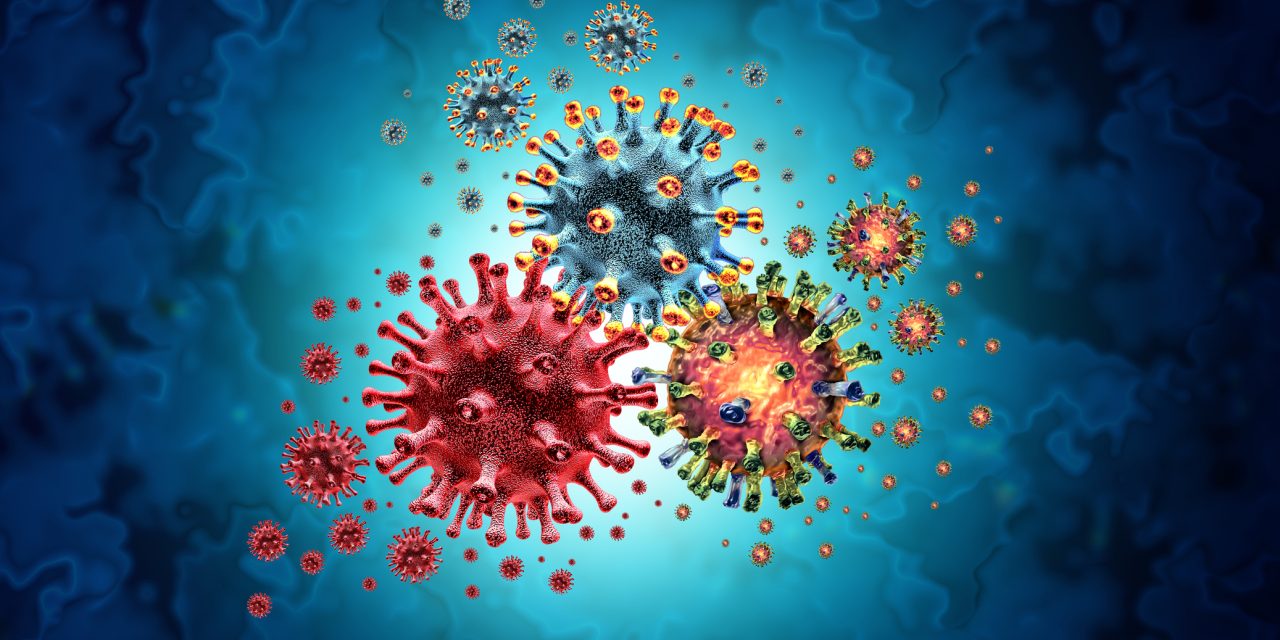Kaposi Sarcoma (KS) is endemic in several countries in Southern and Eastern Africa, relatively rare worldwide but a leading cancer among people living with HIV. KS has always been more common in adult males than females. We assessed the prevalence of known cancer modifying factors (parity, hormonal contraceptive use in females, sex-partners, smoking and alcohol consumption in both sexes), and their relationship to KS, and whether any of these could account for the unequal KS sex ratios. We calculated logistic regression case-control adjusted odds ratios (OR), and 95% confidence intervals (95%CI), between KS and each of the modifying factors, using appropriate comparison controls. Controls were cancer types that had no known relationship to exposures of interest (infection or alcohol or smoking or contraceptive use). The majority of the 1275 KS cases were HIV positive (97%), vs. 15.7% in 10,309 controls. The risk of KS among those with HIV was high in males (OR=116.70;95%CI=71.35-190.88) and females (OR=93.91;95%CI=54.22-162.40). Among controls, the prevalence of smoking and alcohol consumption was five and three times higher in males vs. females. We found a positive association between KS and heavy vs. non-drinking (OR=1.31;95%CI=1.03-1.67), and in current heavy vs. never smokers (OR=1.82;95%CI=1.07-3.10). These associations remained positive for alcohol consumption (but with wider CIs) after stratification by sex, and restriction to HIV positive participants. We found no evidence of interactions of smoking and alcohol by sex. Smoking and alcohol consumption may provide a possible explanation for the KS sex differences, given both exposures are more common in men, but confounding and bias cannot be fully ruled out. The role smoking and alcohol play in relation to viral loads of HIV/KSHV, differences in immunological responses or other genetic differences between males and females warrant further studies.Copyright © 2022 The Authors. Published by Elsevier Ltd.. All rights reserved.
Lifestyle factors associated with sex differences in Kaposi sarcoma incidence among adult black South Africans: A case-control study.


